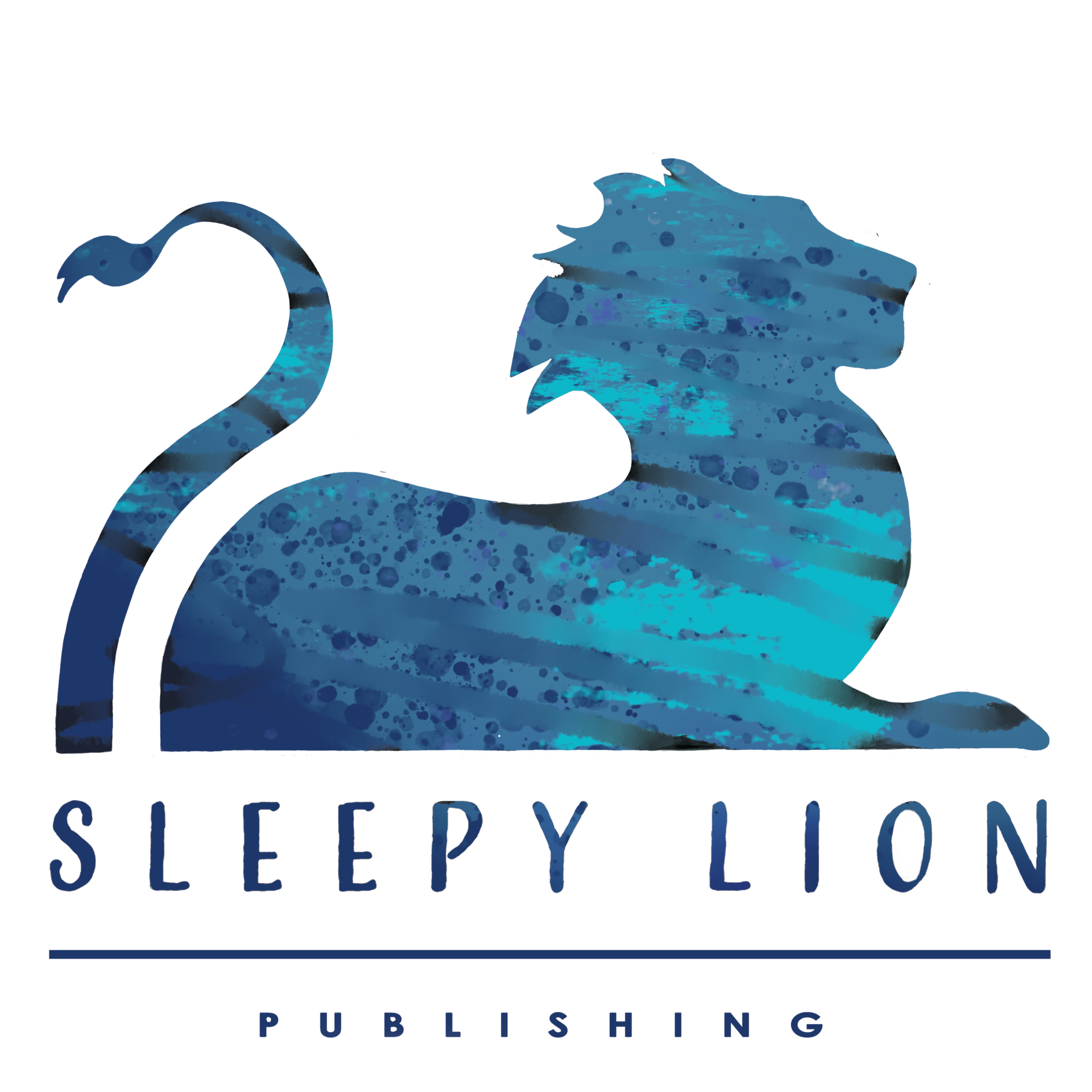The Vacancy of Speech Marks – by India Roberts

The Vacancy of Speech Marks by India Roberts
In my quest to inhale and wallow in all books ever written, I have noticed that the absence of speech marks is becoming more and more frequent. Authors are swapping out reliable, sturdy quotation marks and not replacing them at all, leaving the dialogue to stand alone like a child’s bike suddenly bare of stabilisers. This seems to be received with mixed opinions. Reviews on the Goodreads app are varied in their feedback; some say the unmarked speech makes books bamboozling and unreadable, and others praise the authors’ expedition away from the canon. While increasingly popular, the boycott of speech marks is not a new technique. Famous authors such as James Joyce set a rebellious example for today’s writers.
Sally Rooney’s Normal People took the world by hurricane after its publication in 2018, and was also adapted for television due to its raging popularity. This was the first book I read that didn’t use quotation marks, and at first I had to read carefully and concentrate painstakingly on every letter and full stop and white space in between. After I got used to it, the stand-alone lines of dialogue floated in between the description as easily as a rose petal in a bird bath. The effect that the absence of speech marks had on the dialogue in Normal People was subdued and subtle, as if the characters were speaking underwater and I was standing outside their tank in an aquarium with my ear pressed against the glass. The lack of volume in this novel, due to the abandonment of punctuation, made the relationship between the characters more intimate, and it included the reader in a way that made me feel like I was collecting secrets.
I felt a similar effect happen in Cormac McCarthy’s The Road. McCarthy’s desertion of most punctuation, as well as just speech marks, replicated the barren, desolate landscape that the characters found themselves trawling through. They seemed to speak very quietly, carefully, their solemnity mirrored their bleak situation and the introverted effect of their dialogue strengthened the characters’ bond. In McCarthy’s writing style, speech marks would almost be out of place and so the lack of them is barely noticed, which is a clear and slick example of how this technique should be used.
I have unfortunately read books in which the avoidance of speech marks was felt as harshly as the lack of gloves in biting winter air. Emma Donoghue’s recent publication of The Pull of the Stars didn’t execute the technique as well as I would have liked. Whereas The Road and Normal People had a limited number of characters, The Pull of the Stars had many; the staff, nurses and patients milling everywhere made the book busy and bustling. This meant that the omission of speech marks here felt like an unnecessary distraction, rather than an enhancing technique. When there was pace and drama in the narrative, the quiet effect of stand-alone dialogue seemed contradictory to the excitement that the text needed to get off the ground. Saying this, the sentences still flowed into one another like treacle into pudding and it was easy to follow, unlike Severance by Ling Ma. I enjoyed plenty about this book, but the stark dialogue was more difficult to get my head around than in previous works I’d read. I found myself often having to go backwards to clarify who was speaking, especially in long chunks of text. Both Severance and The Pull of the Stars are written in the first-person narrative, unlike the third person perspective in Normal People and The Road. For me, the effect of muted and ambiguous speech alongside the close relationship between the protagonist and the reader in the first-person narrative seemed jarring to read, asking me to work harder than I really wanted to. Normal People and The Road show that when used correctly, this technique can elevate a book into an effortlessly hypnotic story and despite my gentle criticism of the other novels mentioned, I would recommend them all as enjoyable, immersive reads.
I hope you enjoyed this article, and we would love to hear your thoughts and opinions on India’s Work. Comment down below and let us know!
Finally, if you would love to hear more about India Roberts, then make sure to check our her Blog and Linkedin Pages!

I fully agree. The first book I read with this handicap was Angela’s Ashes. It took me over a chapter before I could actually concentrate on content, and I wouldn’t have bothered if emotion was not conveyed so well.
Writing is communication. Everything that helps the writer to convey the message is good. Anything that increases difficulty for the reader is bad. Quotation marks are signposts, making reading easier. Therefore, no contest: they are good.
Same is true for things like past participles, commas in the right places, adverbs… whatever reduces the mental load in proceeding from letters on a page to emotional involvement in a story.
Hello Bob! I definitely agree that the best writing is easy and understandable. Forgetting that you are reading is always a good sign. (Unless you have fallen asleep.) I have read Angela’s Ashes ages ago, and I did enjoy it. However, I do sometimes like it when a book verges on the poetic without too much strain, where the different stylistic choices reflect a deeper meaning or theme within the text.
Otherwise, many thanks for your comment!
I look forward to your future thoughts on our articles, poems and short stories.
All the best,
Michael,
Sleepy Lion Publishing